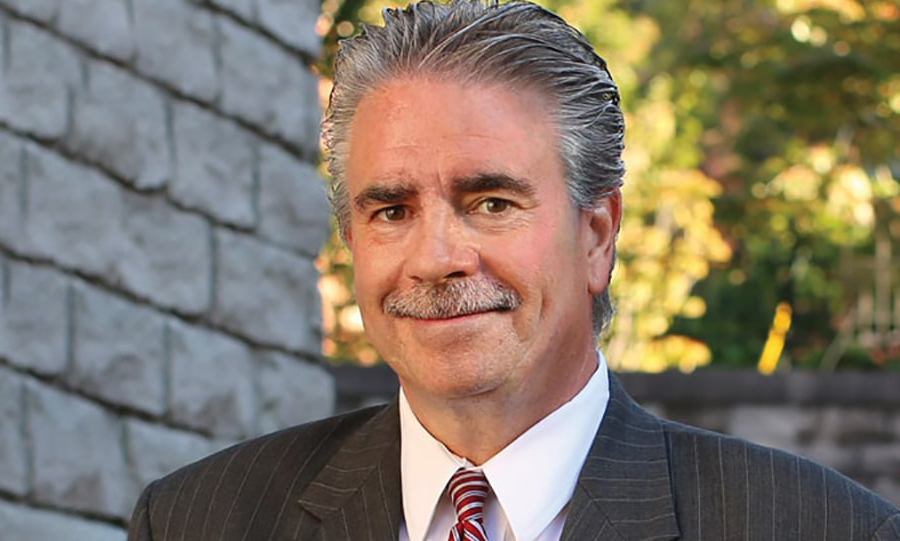On Sunday March 22, 2020, Ohio Governor Mike DeWine and Dr. Amy Acton, Director of the Ohio Department of Health, issued an Order directing all Ohio residents to Stay at Home Unless Engaged in Essential Work or Activity. The Order goes into effect at 11:59 p.m. on March 23 and is in place until 11:59 p.m. on April 6, 2020.
This Order requires Ohio businesses that are nonessential to cease operations. Businesses, including home-based businesses, may continue those operations which consist exclusively of employees or contractors working from home. Further, businesses deemed “Essential” are encouraged to remain open but follow social distancing requirements.
All private and public gatherings occurring outside of a single household are prohibited, including any gathering of more than 10 people. Governor DeWine stated at a press conference that violation of the Order is a misdemeanor.
Travel into or out of State is only allowed for essential businesses and operations.
Individuals may only leave their homes for the following reasons: health and safety, necessary supplies and services such as food, automobile supplies, household items, outdoor activity, essential work, and to care for others.
The Order sets out a lengthy list of businesses deemed essential including, but not limited to, hospitals, healthcare, human services and essential infrastructure (food production, building, airport operations, religious entities, media, gas stations, financial and insurance institutions, legal services, and hardware and supply stores). Restaurants may remain open for consumption off-premises.
All businesses, nonessential and essential, are permitted to maintain minimum basic operations, so long as employees comply with social distancing requirements. Minimum basic operations include activities to maintain the value of inventory, preserve the condition of physical plant/equipment, ensure security, and process payroll and employee benefits.
The Order also details the State’s mandated social distancing requirements, which include maintaining at least six-foot social distancing from other individuals. Businesses must designate six-foot distances with signage, tape or other means, so that employees and customers in line maintain appropriate. Businesses must also provide hand sanitizer or sanitizing products, implement separate hours for vulnerable populations, and post online whether a facility is open and how to reach the facility.
In light of this Order, businesses are advised to take the following actions:
- Allow as many employees to work from home as possible.
- Encourage sick employees to stay home until fever free for 72 hours, and at least seven days has passed without symptoms and do not require a physician’s note.
- Ensure sick leave policies are up to date and are flexible.
- Encourage employees to do a self-assessment each day (fever, cough, shortness of breath). Employers can also take employees’ temperatures prior to starting work. The EEOC has issued guidance on this issue as well.
- Place posters in workplaces reinforcing key messages.
- Provide protection supplies such as soap, water, hand sanitizer, tissues, and no-touch disposal receptacles.
- Frequently clean all commonly touched surfaces and provide disposable wipes.
The Order does not address payment to employees in the event a business has to cease operations during this time. However, Ohio has amended its unemployment compensation requirements to make employees eligible in a much shorter timeframe and without the necessity of looking for another job.
The full text of the March 22 Order may be found here:




